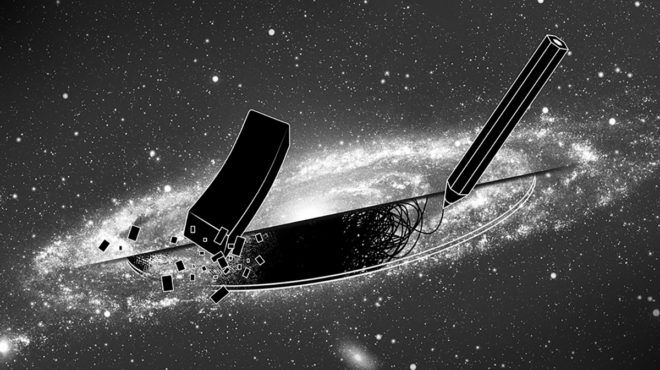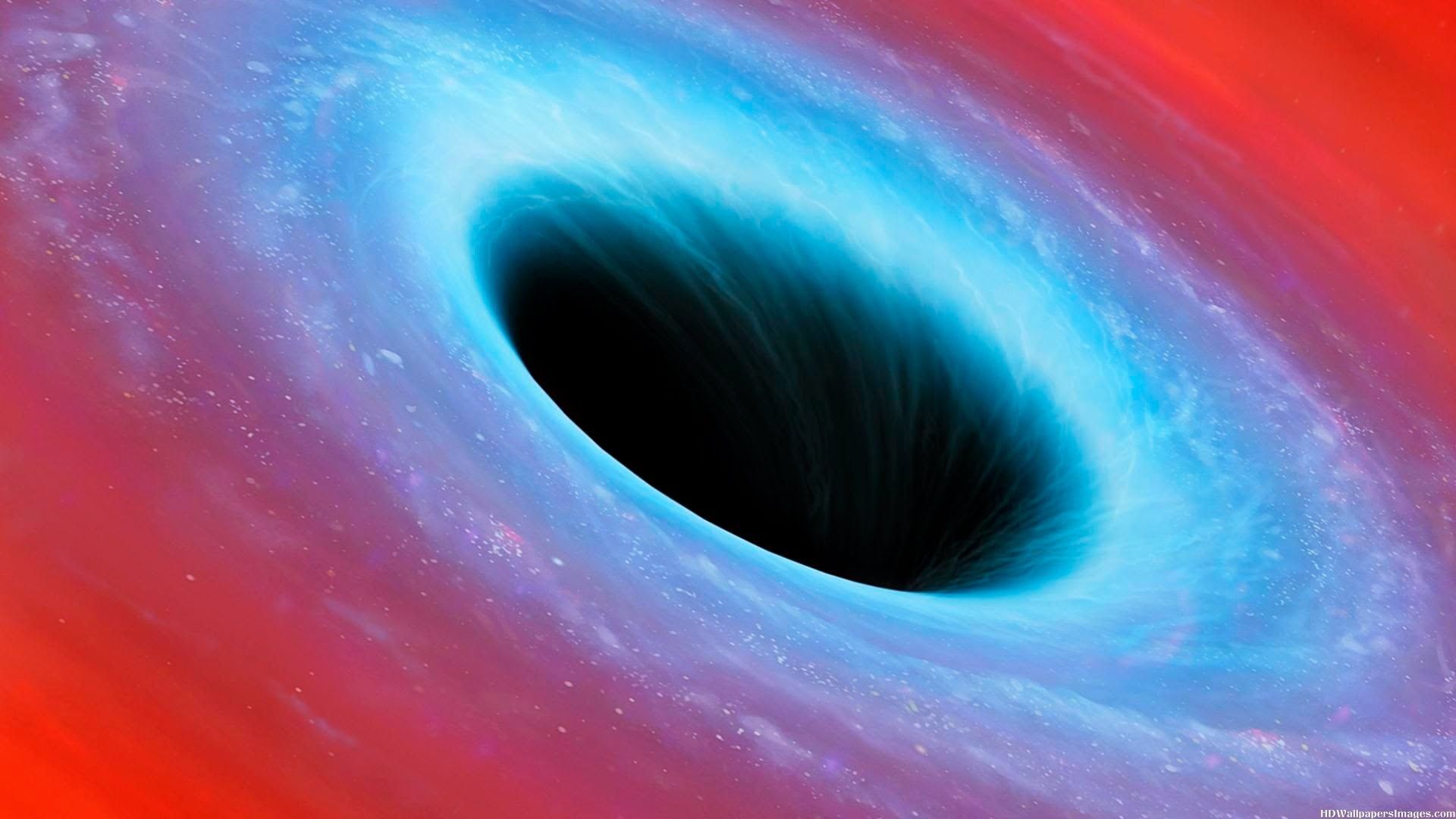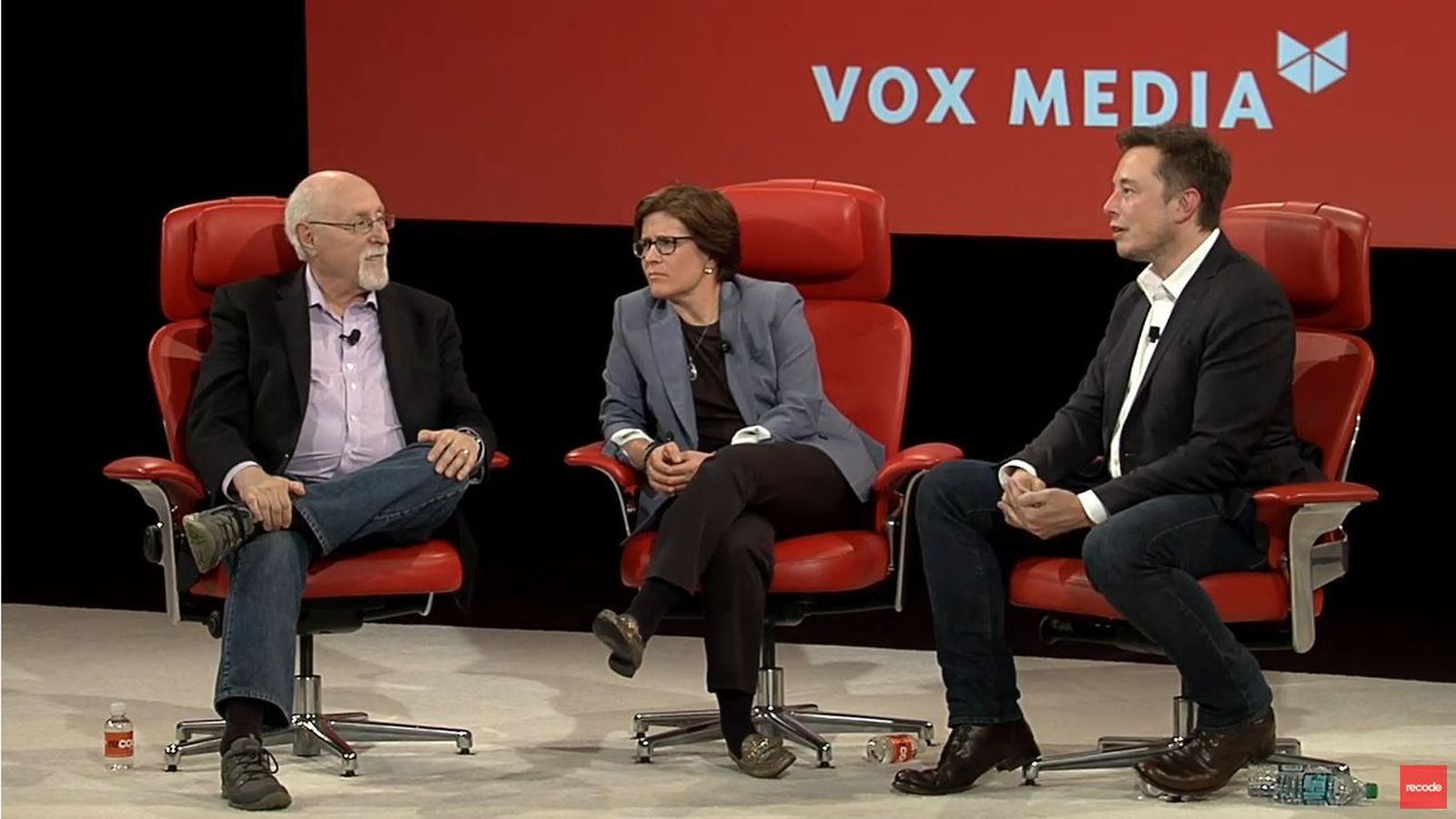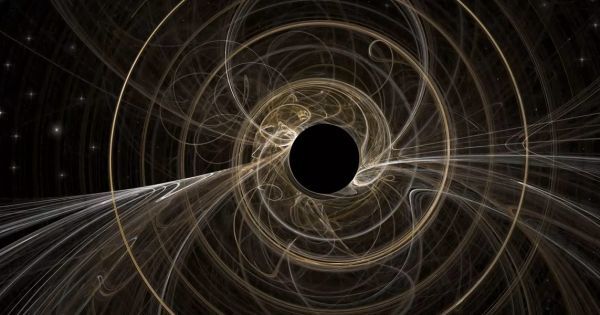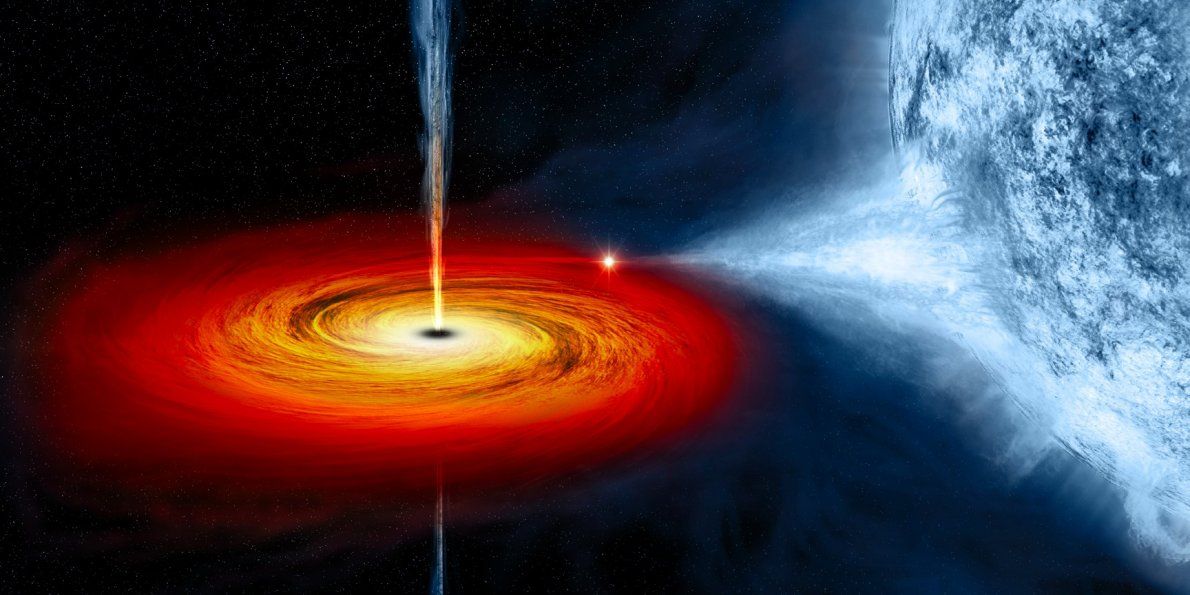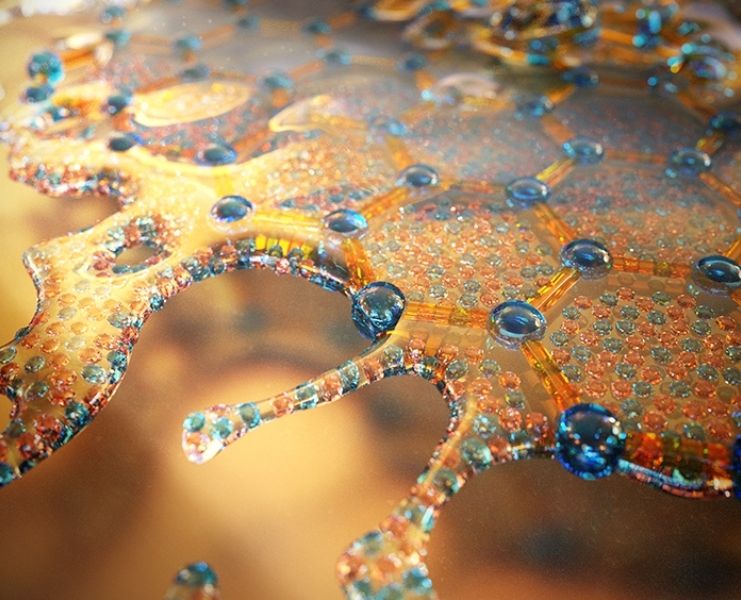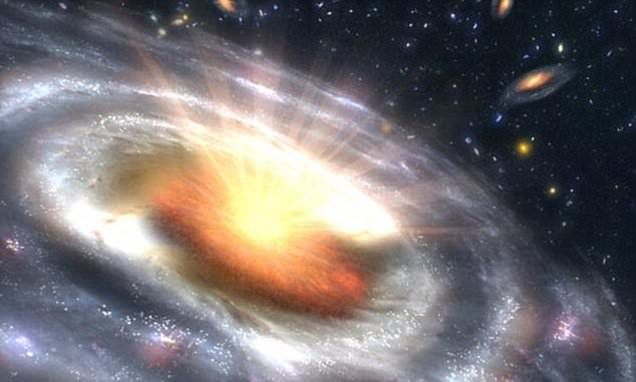Jun 6, 2016
A decade of deep thinking: Princeton Center for Theoretical Science celebrates 10 years
Posted by Karen Hurst in categories: climatology, cosmology, quantum physics, science
The opportunity for intellectual freedom is what drew Anna Ijjas to the Princeton Center for Theoretical Science. As an associate research scholar, Ijjas studies basic questions about the universe’s origin and future. “PCTS provided an environment that encouraged me to question established paradigms and pursue unexplored possibilities,” said Ijjas, who is Princeton’s John A. Wheeler Postdoctoral Fellow in cosmology and astroparticle physics. “Independence and creativity are real values at the center.”
Those values were on display at a conference in May to celebrate the 10th anniversary of the center, which trains early-career researchers and provides a place where theoretical scientists — defined as those who use mathematics to study the natural world — can tackle the biggest questions in science, from the search for dark matter to global climate simulations to theories of quantum gravity.
“The range of topics presented at the PCTS@ten conference demonstrates that we’ve reached the goal we set 10 years ago, which is to develop a new breed of theorists with a much broader view of science than they would normally get from typical postdoctoral training,” said Paul Steinhardt, Princeton’s Albert Einstein Professor in Science and the center’s director since 2007.


